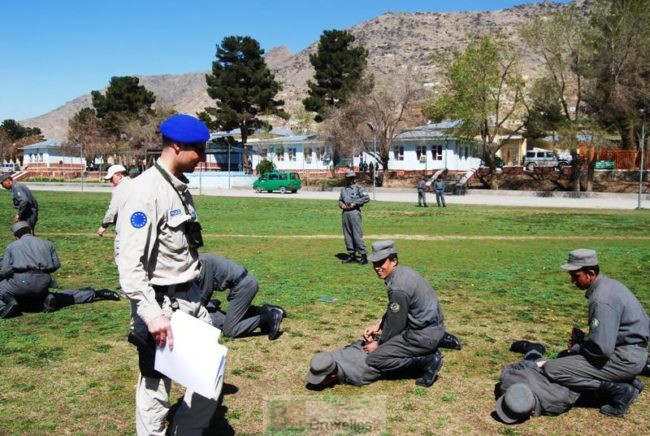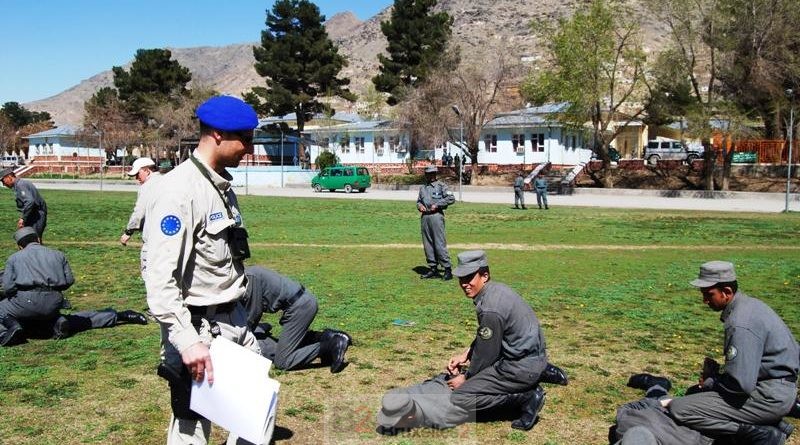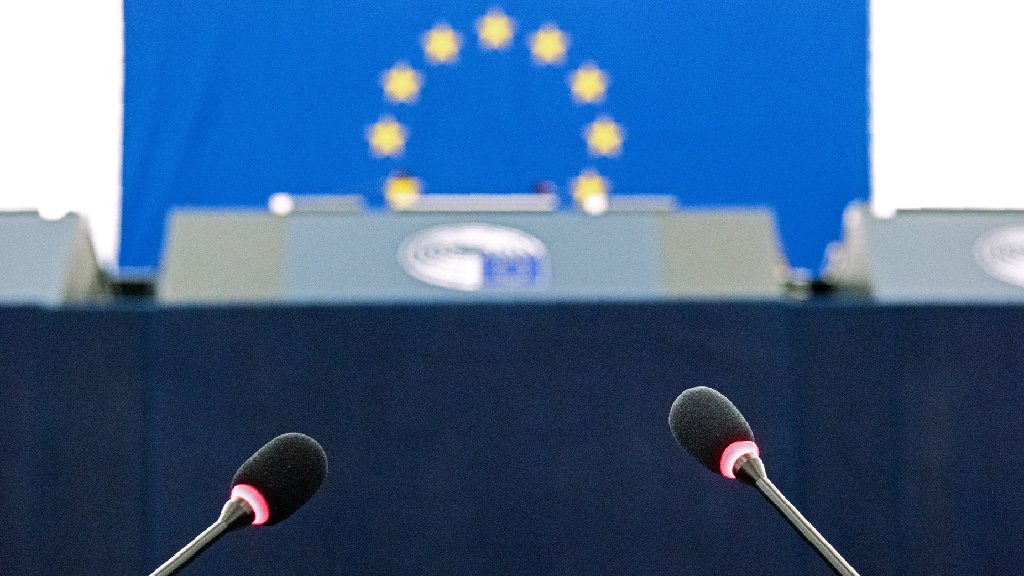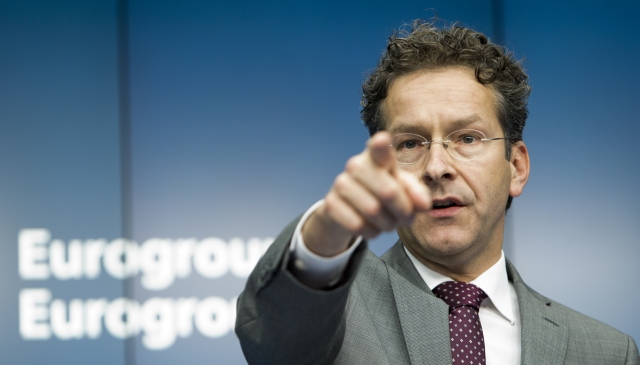Afghan interpreters for the EUPOL Afghanistan mission in a black hole
(B2) The situation of Afghan interpreters who worked for the EU mission 'EUPOL Afghanistan' comes up against a legal vacuum. Who will protect them?

Who should protect them?
Because they were employed by the European Union, within this mission which took place from 2007 to 2016, the question now arises of who should protect them. A crucial question when objectively their lives may be endangered by the advance of the Taliban. Some countries, such as the Netherlands (1), only accept their asylum and repatriation request in Europe if they have worked for nationals, as indicated by the daily Trouw which cites the concrete case of an interpreter, translator and liaison officer for EUPOL. However, he is still waiting to be determined on his fate.
Performers in danger
For former Advocate General Jan Gras, who worked three years with EUPOL in Afghanistan, in the anti-corruption unit and then in the training of senior Afghan police officers, every Afghan who has worked for the peacekeeping mission peace is " in danger ”, and that also includes the police, as he tells Trouw. " Anyone who has obviously worked closely with us is now at risk. I know from a cop that his car blew up, now he's trying to get out of the country »
Hundreds of people involved ?
The number of people affected could exceed XNUMX. " It's hard to estimate », acknowledges Jan Gras. " But within EUPOL we had a hundred people [who] all had a personal interpreter. [...] When I worked for the anti-corruption unit, I had a personal interpreter who was always with me. I couldn't do anything without him. The Afghans also translated the lessons I taught and the programs I created »
A census in progress on the Dutch side
The government's excuse for not knowing who worked for them is " sheer nonsense " according to him. " The Afghans who worked for EUPOL were employed by the European Union and in Brussels they know who was on the payroll. The Dutch police and the Ministry of Justice and Security decided this week to take stock of the number of Afghans who have worked for the police mission, are in difficulty today and wish to come to the Netherlands.
Repatriation far from effective
For interpreters in the Dutch armed forces, the situation is clearer in legal terms, but far from settled, despite repeated commitments from the authorities. According to the Ministry of Defence, at least 70 interpreters and their families (out of 273 identified) are still in Afghanistan, awaiting authorization to come to the Netherlands, indicate our Dutch colleagues.
(Nicolas Gros-Verheyde)
- The Netherlands was one of the countries most involved in the EUPOL Afghanistan mission.


